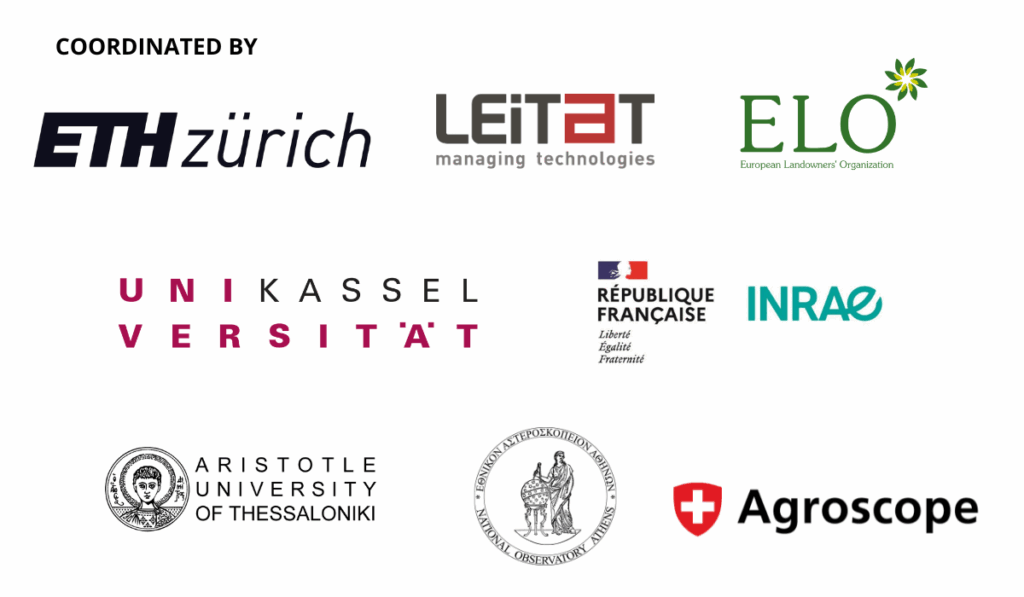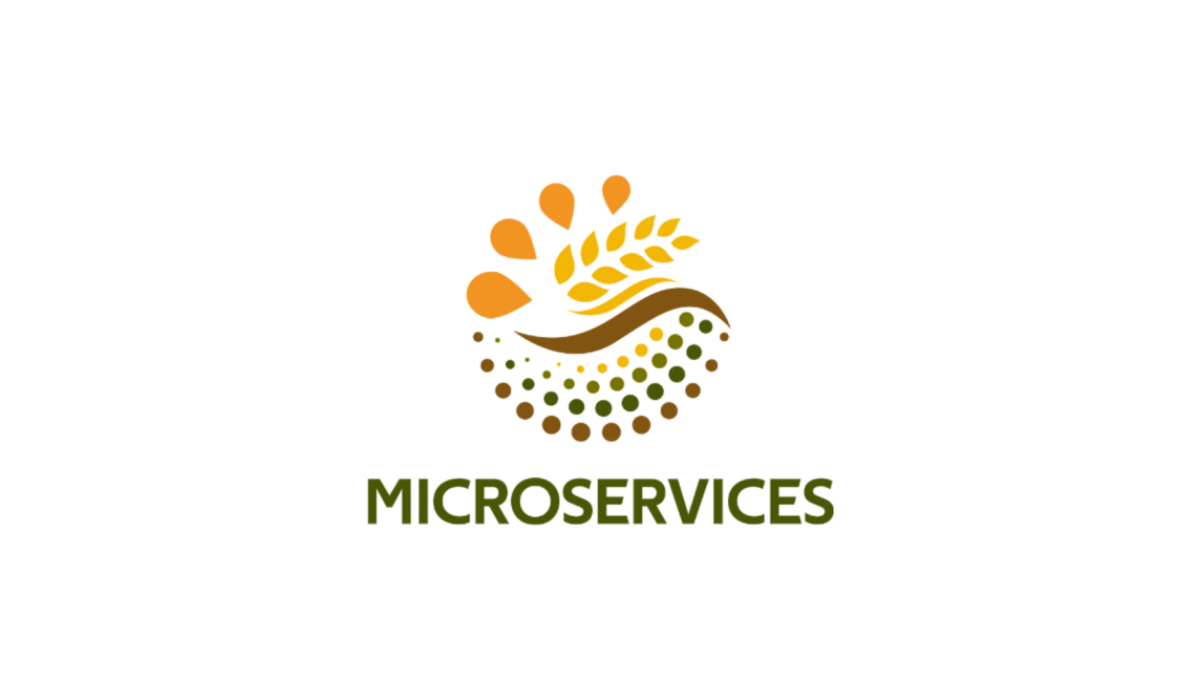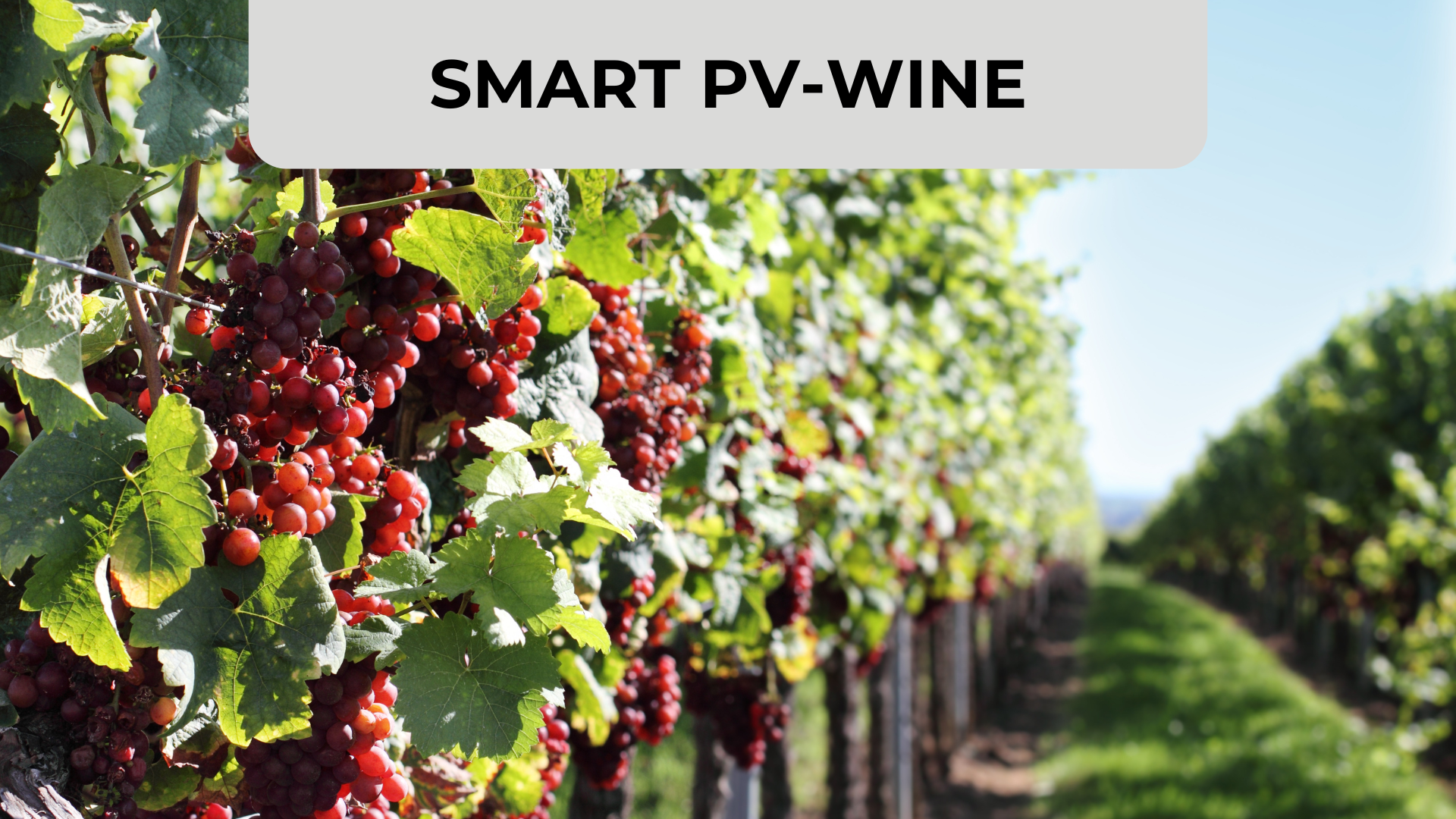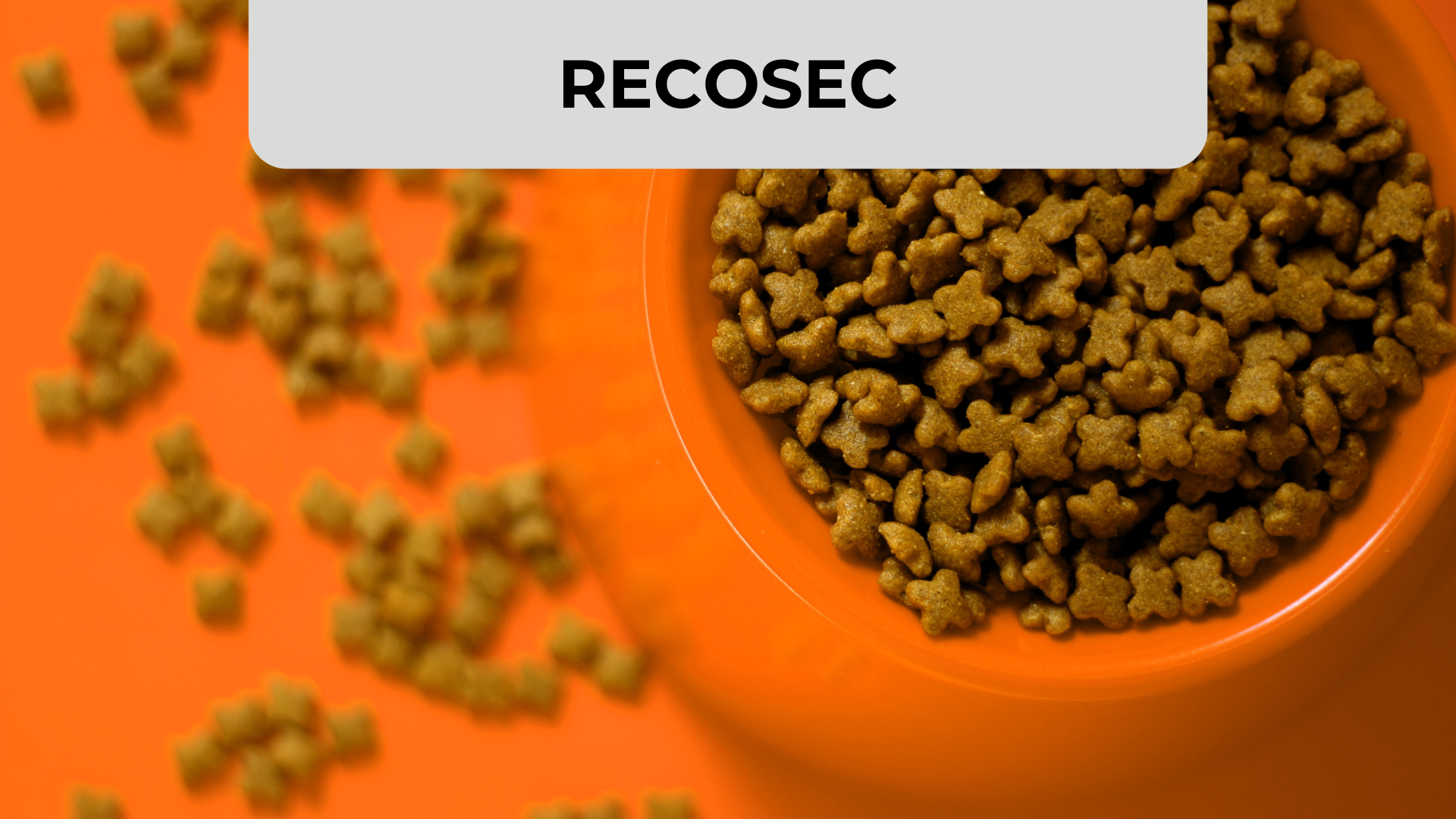Predicting the effects of climate change on the crop microbiome and the cascading effects on the provision of ecosystem services in agroecosystems.
Abstract:
Climate change exerts considerable pressure on the Earth’s biodiversity and the multitude of ecosystem services it provides. This is particularly problematic for agroecosystems, where the accelerating pace of climate change combined with unsustainable land use directly threatens global food production. Policy actions such as the Sustainable Development Goals and the Aichi Biodiversity Targets, which aim to quantify and mitigate the impact of climate change and unsustainable management on biodiversity, are not on track to be achieved in the near future.
Translated with DeepL.com (free version)
One way to help achieve these objectives is to take advantage of microbial functions, i.e., those that improve crop growth, nutrient use efficiency, resilience to abiotic stress, resistance to diseases and mitigation of greenhouse gases in agricultural production, while progressively decreasing the amount of external chemical inputs such as fertilizers and pesticides. The extent to which climate change affects the microbiome of the plant-soil nexus is unclear and continues to be underrepresented in current debates on climate change, global biodiversity loss and conservation policy.
In this context, the MICROSERVICES project was born with the objective to i) provide scientific information on the future impacts of climate change on the crop microbiome and associated ecosystem services, and ii) provide scientific information on the future impacts of climate change on the crop microbiome and associated ecosystem services, ii) promote political and public awareness of the importance of microbial diversity for sustainable agriculture, and iii) establish interactions between research institutions, stakeholders in the agricultural sector and policy makers to influence policy agendas at national and European levels.
The project will use a multi-domain approach to assess the impact of climate change on the soil-soil-microbiome nexus under various agricultural management regimes, with the aim of increasing the ability to predict and mitigate future impacts of climate change on soil biodiversity and its cascading effects on the functioning of agroecosystems. This knowledge will be fundamental to develop a sustainable and climate resilient agriculture.
The project consortium is formed by the National Observatory of Athens (Greece), the Aristotle University of Tessaloniki (Greece), the National Institute for Research in Agriculture, Food and Environment (France), the University of Kassel (Germany), the European Landowners Organization (Belgium), Leitat (Spain), Agroscopoe (Switzerland) and the Federal Polytechnic School of Zuric (Switzerland), which leads the consortium.
Leitat’s Role in the Project:
Leitat’s main role and contribution to the project is focused on its role as a partner and expert in the field of circular economy.
Project Budget:
Leitat Budget: 150.000,00€
Financial Framework: Proyectos de I+D+I «Programación Conjunta Internacional» 2020 – 2.ª
Contract number: PCI2020-120679-2
Start Date: 01/04/2021
End Date: 31/03/2025

This project has received funding from the:





